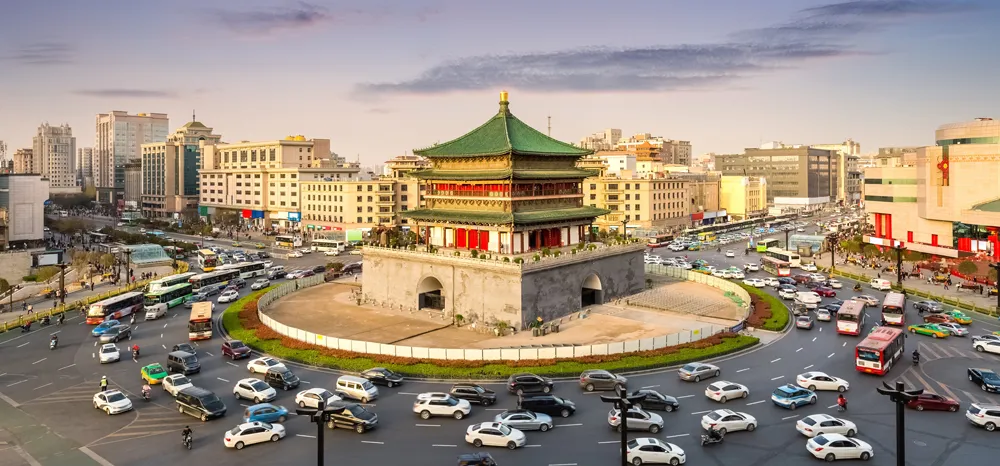In a bid to cut congestion, Portsmouth City Council in the UK has installed a wireless vehicle tracking solution in the city.
The system, from Danish wireless technology company Blip Systems, was deployed by the company’s UK partner Smart CCTV which has installed BlipTrack sensors on the three most-often congested roads linking to the M27/A27 east-west corridor.
November 19, 2013
Read time: 2 mins
In a bid to cut congestion, Portsmouth City Council in the UK has installed a wireless vehicle tracking solution in the city.
The system, from Danish wireless technology company3778 Blip Systems, was deployed by the company’s UK partner smart CCTV which has installed BlipTrack sensors on the three most-often congested roads linking to the M27/A27 east-west corridor.
The sensors use data received from Bluetooth-enables devices in passing vehicles to measure journey times and speeds, enabling the council to provide queue warnings on VMS displays and mobile apps. It also provides the city with valuable information about traffic flow for planning and optimising traffic.
According to Smart CCTV’s Managing Director Nick Hewitson, the installation of the BlipTrack sensors costs about one-tenth of the cost of an automatic number plate recognition (ANPR) system. He said at a recent288 ITS UK conference, “BlipTrack catches upwards of 40 per cent of vehicles, compared to with 95 per cent with ANPR, but this is statistically more than adequate for journey time information”.
The system, from Danish wireless technology company
The sensors use data received from Bluetooth-enables devices in passing vehicles to measure journey times and speeds, enabling the council to provide queue warnings on VMS displays and mobile apps. It also provides the city with valuable information about traffic flow for planning and optimising traffic.
According to Smart CCTV’s Managing Director Nick Hewitson, the installation of the BlipTrack sensors costs about one-tenth of the cost of an automatic number plate recognition (ANPR) system. He said at a recent










